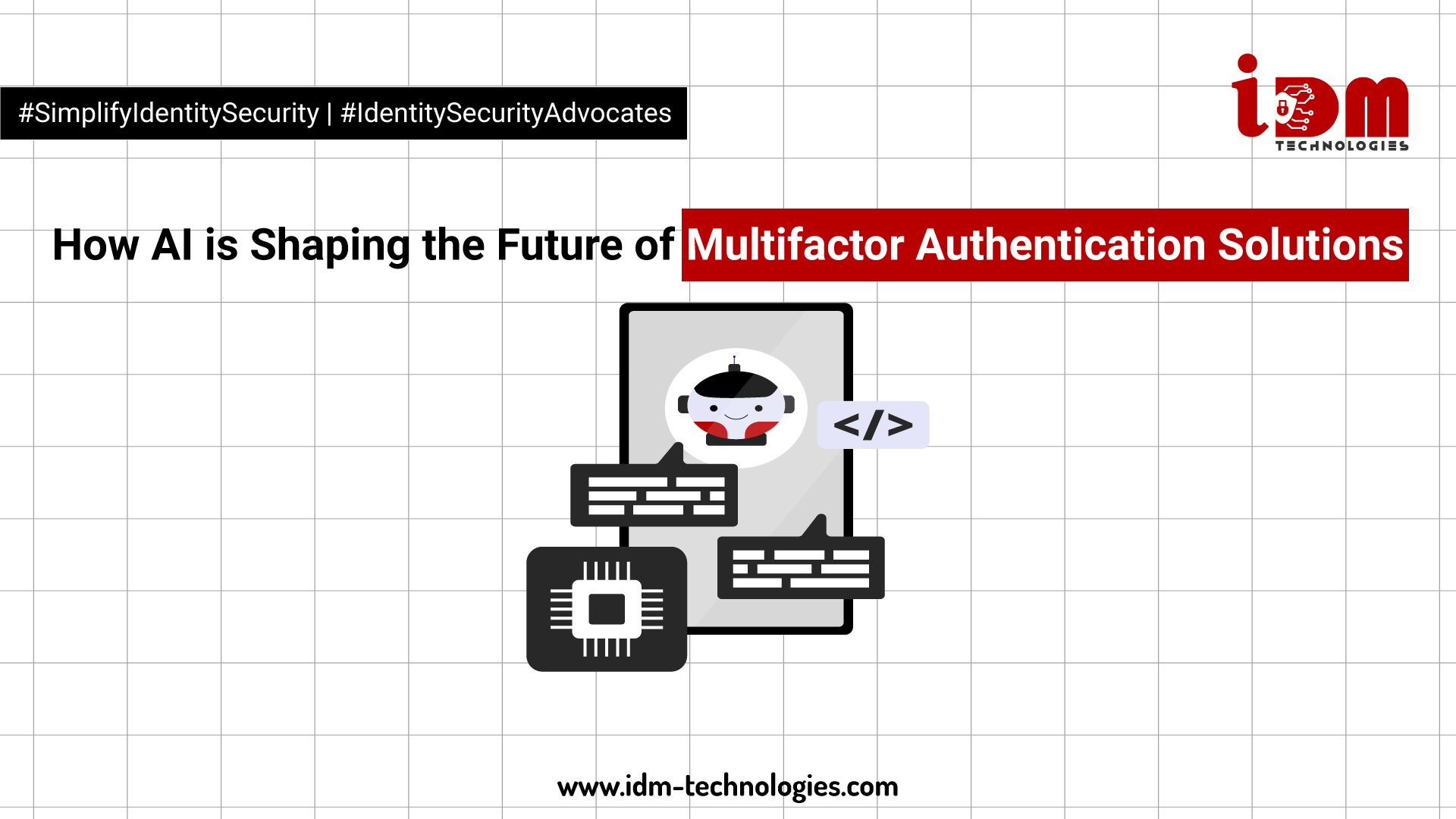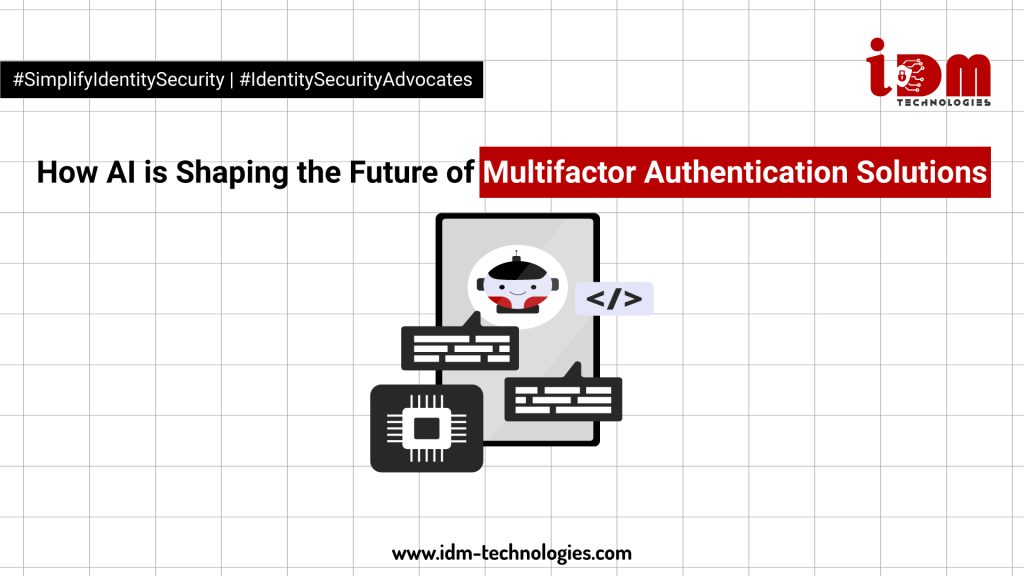
As cyber threats become more sophisticated and pervasive, organizations are increasingly turning to advanced security measures to protect their digital assets. Multifactor Authentication (MFA) solutions have long been a cornerstone of robust cybersecurity strategies, adding layers of verification to ensure that only authorized users gain access to sensitive information. However, the integration of Artificial Intelligence (AI) into MFA solutions is revolutionizing this field, offering enhanced security, improved user experience, and greater adaptability.

As cyber threats become more sophisticated and pervasive, organizations are increasingly turning to advanced security measures to protect their digital assets. Multifactor Authentication (MFA) solutions have long been a cornerstone of robust cybersecurity strategies, adding layers of verification to ensure that only authorized users gain access to sensitive information. However, the integration of Artificial Intelligence (AI) into MFA solutions is revolutionizing this field, offering enhanced security, improved user experience, and greater adaptability.
The integration of AI into Multifactor Authentication (MFA) solutions is reshaping the future of cybersecurity by enhancing threat detection, contextual authentication, adaptive security, and user experience. At IDM Technologies, we recognize the transformative potential of AI-driven MFA solutions in strengthening organizational security and protecting sensitive information. By embracing AI innovations, organizations can stay ahead of emerging threats, ensure a seamless user experience, and maintain a robust security posture in an increasingly complex digital environment. As AI continues to evolve, its role in MFA solutions will undoubtedly become even more critical in safeguarding against cyber threats and securing digital identities.
Our experts will be in touch with you shortly.